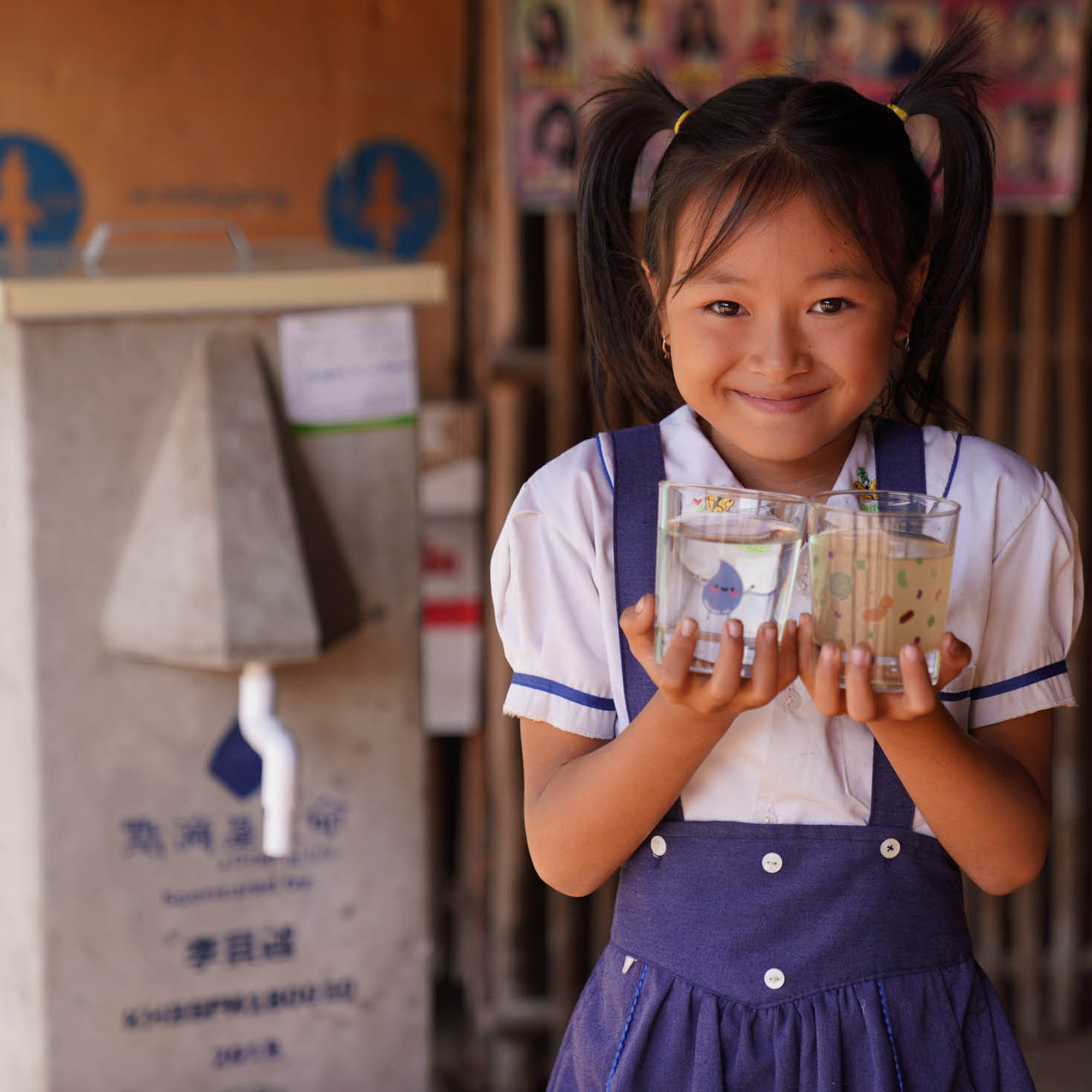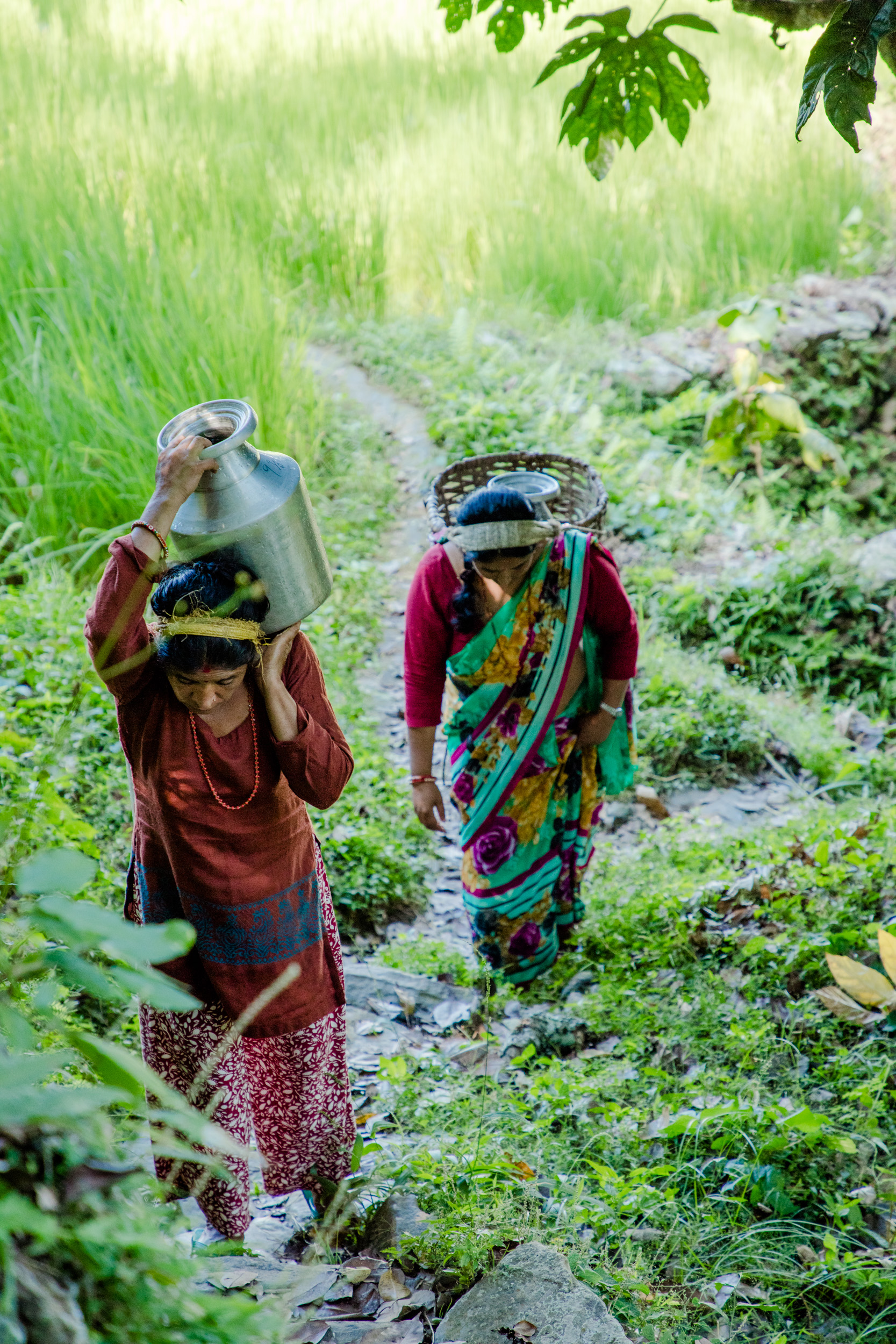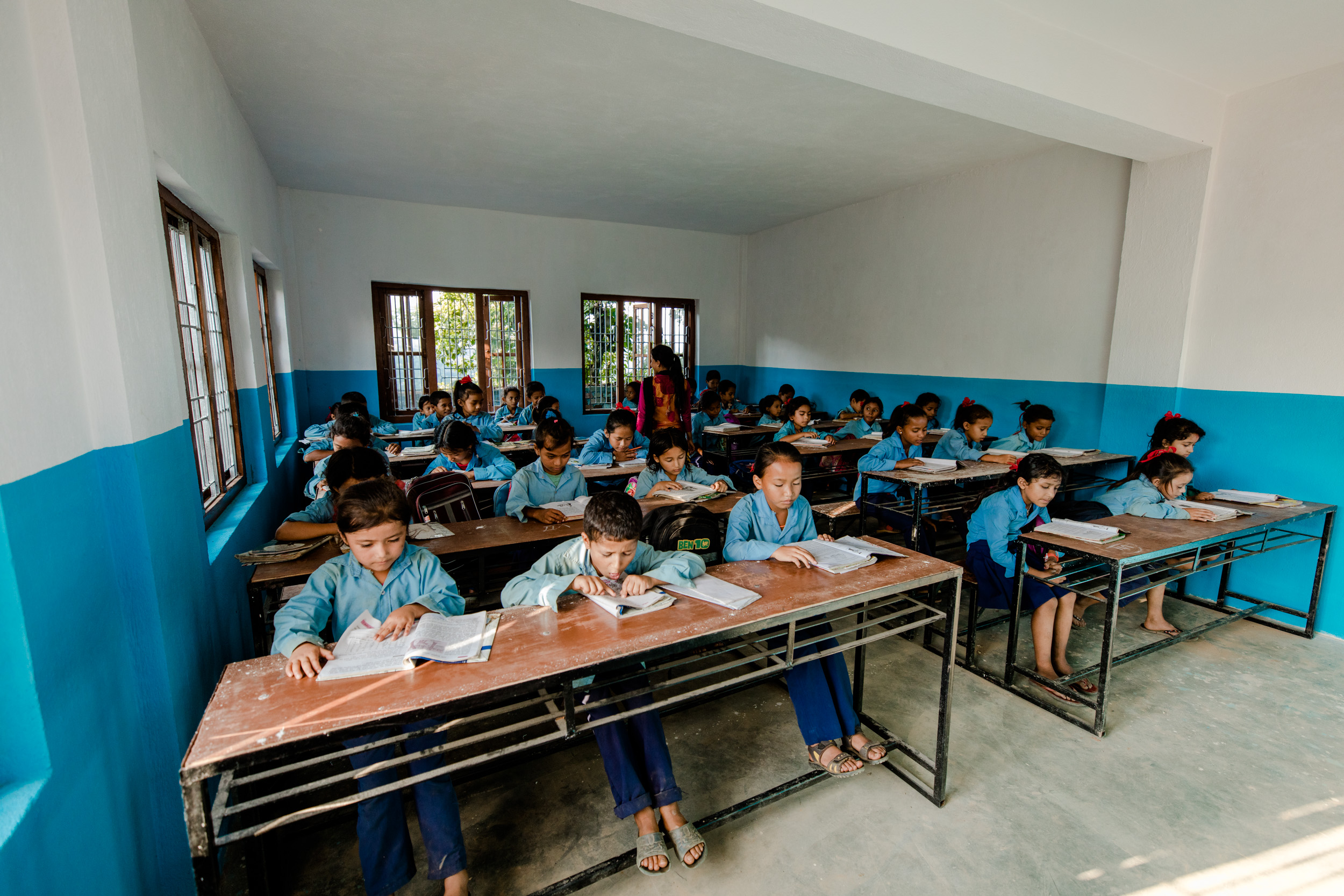Menu
Menu
If there is no water coming out of the tap tomorrow,
how would that impact your life?
If you live on the other side of the planet,
would your answer be different?
For people living in rural areas of developing countries,
having clean water can change their lives.
If there is no water coming out of the tap tomorrow, how would that impact your life?
If you live on the other side of the planet, would your answer be different?
For people living in rural areas of developing countries, having clean water can change their lives.
One-quarter of the global population lacks “safely managed” drinking water – which means drinking water is available when needed and is not polluted.
Millions of women and children have to give up chances to school and work, to spend time fetching water for their families, which usually takes a long time and is required to climb up to the mountains.
However, stream water contains bacteria that may lead to serious diseases if drunk directly.
Access to clean water and basic sanitation facilities can prevent children from getting sick from drinking unclean water, and also reduce the risk of people spreading diseases due to fecal contamination of the water sources.



Access to clean water and safe sanitation is a basic human right. Everyone should have the right to obtain adequate, safe and affordable water resources for personal and household uses. In 2015, all members of the United Nations adopted the Sustainable Development Goals (SDGs) as a universal call to action to end poverty, and ensure that all people enjoy peace and prosperity by 2030, of which SDG 6 is “Clean Water and Sanitation” — “to ensure availability and sustainable management of water and sanitation for all”.